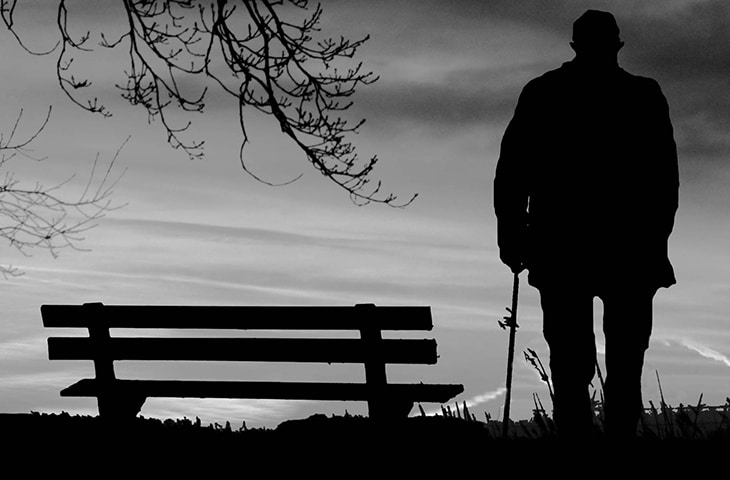7 Essential Fall Prevention Tips for Seniors to Stay Safe

Keep seniors safe with 7 essential fall prevention tips.
Falls are one of the most common and dangerous risks for seniors, but many falls can be prevented with a few simple measures. Having a plan in place and making small adjustments around the home can make all the difference in staying safe. We all know the importance of creating a safe environment to reduce the risk of falling. Whether it's for yourself, a loved one, or someone you care for, these tips are easy to implement and can go a long way in ensuring safety and independence.
Here are seven essential tips to help prevent falls and keep seniors safe both at home and outdoors.
- Install Proper Lighting throughout the Home: A well-lit home is one of the easiest ways to prevent falls. As vision declines with age, seniors may struggle to see clearly, especially at night. Adding bright lights in key areas like stairways, hallways, and bathrooms ensures better visibility. Consider using motion-sensor lights that turn on automatically in the dark, eliminating the need to search for light switches. Proper lighting makes it easier to navigate through the home safely.
- Keep Pathways Clear of Clutter: clutter-free environment is crucial to reducing the risk of tripping. Make sure walkways are free of obstacles such as loose cords, shoes, and rugs. It might seem like a small step, but keeping floors clear of these potential hazards can make all the difference in preventing a fall. Non-slip mats in areas like the kitchen and bathroom can further help.
- Use Assistive Devices When Necessar: Mobility aids, such as canes, walkers, or grab bars, can provide the extra stability needed to prevent falls. Installing grab bars in places like the bathroom, near the toilet, or in the shower can offer extra support. For those who need help getting around, properly fitted canes or walkers can ensure safer movement and reduce the chances of losing balance.
- Choose the Right Footwear: Seniors should wear shoes that provide good support and have non-slip soles to help reduce falls. Footwear that is too loose or lacks traction can easily cause trips or slips. Avoid wearing high heels, flip-flops, or slippers with smooth bottoms. Instead, choose shoes that fit well and have proper grip for added safety and balance.
- Stay Physically Active: Exercise plays a huge role in preventing falls by strengthening muscles and improving balance. Activities like walking, swimming, or light stretching can help keep seniors mobile and flexible. Staying active is another key to maintain strength and reduce the risk of falling. Regular exercise helps build confidence, which is just as important as physical health in preventing falls.
- Review Medications for Side Effects: Some medications can cause dizziness or drowsiness, which increases the likelihood of falling. It's important to regularly review any medications with a healthcare provider and be aware of any side effects that may affect balance or coordination. If there are concerns about certain medications, ask your doctor if adjustments can be made to minimize these risks.
- Consider a Life Alert System for Added Security: For seniors who live alone or are at higher risk of falling, a Life Alert system can offer peace of mind. These devices allow immediate access to help in the event of a fall, with some even offering automatic fall detection. As much as we focus on prevention, it's comforting to know that help is only a button press away when needed.
Taking steps to prevent falls is critical for maintaining independence and safety as we age. By incorporating these simple but effective tips, seniors can significantly reduce their risk of falling and feel more confident in their daily lives. At Boomer News, we’re here to provide helpful information and resources to support boomers in living safely and independently. For more tips on fall prevention and other helpful resources, visit our website at www.boomer-news.com.
Popular Products
-
 0-12 Multiplication Chart & Times Tab...
0-12 Multiplication Chart & Times Tab...$9.99$4.78 -

-

-

-
